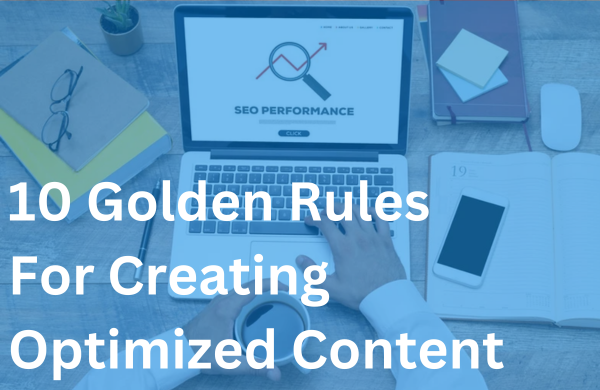How Emotions Impact Marketing Success
Emotional intelligence is too often ignored in marketing, but its impact on success can be profound. It’s more than understanding the emotional drivers of your audience, it’s about creating a genuine, empathetic connection that creates trust and brand loyalty.
This isn’t merely an idea, but an actionable strategy that brands can implement to inspire and persuade customers effectively.
How to Incorporate the Idea of Emotional Intelligence Into Your Marketing
Integration of Emotional Intelligence in Marketing
The integration of emotions into marketing strategies offers the potential to connect on a deeper level with potential customers. By understanding, eliciting, and responding to customer emotions, a brand can create more impactful and resonant marketing campaigns. Emotional intelligence, thus, becomes a critical tool in the marketer’s arsenal, facilitating deeper connections, and ultimately, driving success.
About the Author

Derrick Kuhn is our Founder and Managing Director. He specializes in all things digital marketing and strategy. He has pursued business as a platform to pursue ideas and opportunities to grow, explore, contribute, and chart his own course for over 20 years, and is passionate about learning, neuroscience, and fitness.




